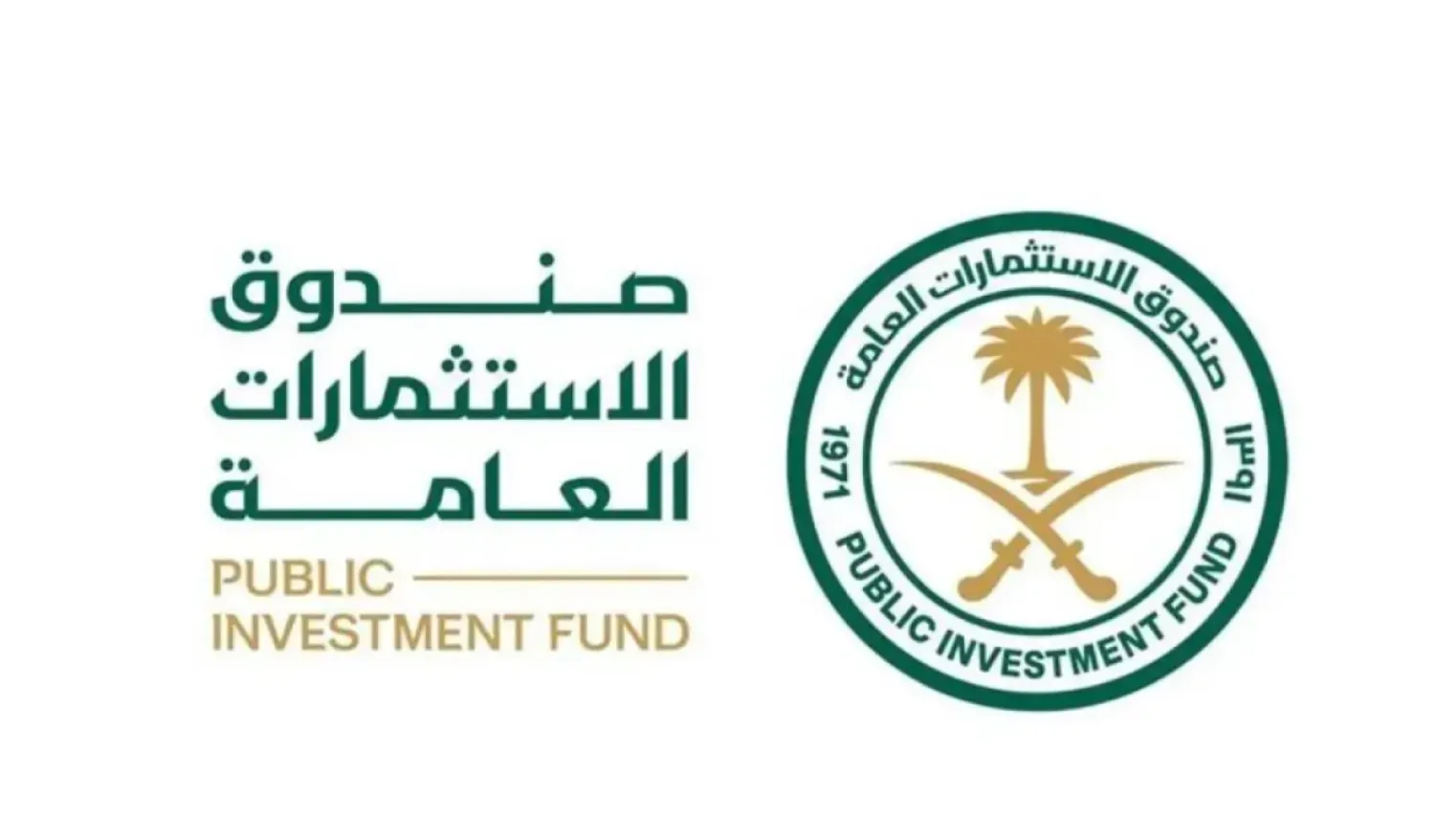The Public Investment Fund (PIF) announced the launch of Expo 2030 Riyadh Company (ERC), wholly owned by PIF, to build and operate the facilities of Expo 2030 Riyadh –Saudi Arabia’s first World Expo– as well as preserving the legacy of the event.
In a press release, PIF said the masterplan for Expo 2030 Riyadh covers an area of six million square meters, making it one of the biggest World Expo sites. The Expo will be to the north of the city, near the future King Salman International Airport, and with direct connections to the Saudi capital’s landmarks.
According to SPA, Expo 2030 Riyadh is projected to attract more than 40 million visits. After the expo event, ERC plans to lead the transformation of the Expo’s gated area into a global village to serve as a multicultural hub for retail, food and beverage, surrounded by an international residential community with world-class amenities, and setting new standards in sustainable tourism, according to the release.
PIF continues with its strategic mandate to achieve economic impact for Saudi Arabia while securing sustainable returns. PIF is one of the world’s most impactful investors, driving Saudi Arabia’s economic diversification while also enabling the creation of key sectors and opportunities that help shape the global economy. PIF leads the development of transformative giga-projects and landmark real estate initiatives across Saudi Arabia.
PIF Head of the Local Real Estate Investment Division Saad Alkroud said: “ERC benefits from PIF’s diverse local and global ecosystem and the establishment of the company aligns with PIF’s local real estate strategy, which drives economic transformation and diversification, advancing urban innovation and enhancing quality of life, driven by the ambitious goals of Saudi Vision 2030.”
ERC is swiftly launching operations to fulfill its mandate, and will partner with the local and global private sector to achieve its goals for construction, cultural programming and event management, added the release.
Expo 2030 Riyadh runs from October 1, 2030 to March 31, 2031 and will further strengthen the city’s attractiveness to international businesses. It marks the city’s status as one of the world’s fastest-transforming capitals, one that combines sustainability, connectivity, and quality of life at scale. Riyadh was awarded the hosting rights for Expo 2030 in November 2023, winning the vote in the first round.
During its construction phases, Expo 2030 Riyadh and its legacy are projected to contribute around $64 billion to Saudi GDP and generate approximately 171,000 direct and indirect jobs. Once operational, it is expected to contribute approximately $5.6 billion to GDP.
Countries participating in Expo 2030 Riyadh will have the option of building permanent pavilions and being part of the event’s legacy. The Expo will provide opportunities for long-term business and investment growth.









